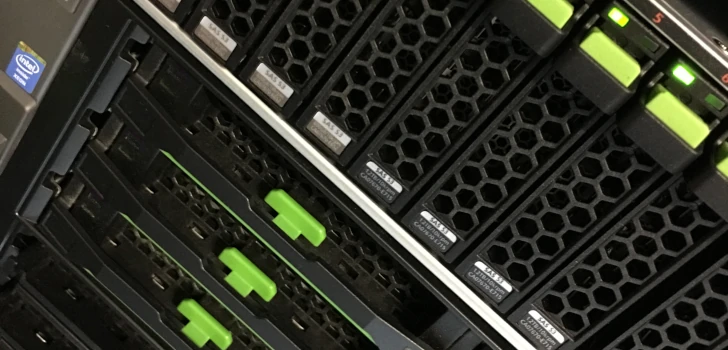
Composing systems in an automated way with Ansible, Podman, and bootc
February 2, 2026 - Gent, BE
Read More 
February 2, 2026 - Gent, BE
Read More 
June 13, 2025 - Brno, CZ
Read More 
May 31, 2025
In the coming couple of weeks I’ll be heading to the Common Europe Congress (CEC2025), Flock 2025, and DevConf.cz 2025, some of the best community-driven events in the ecosystem. If you’re around, let’s catch up and share stories over coffee!
The Common Europe Congress is the largest educational convention for IBM Power users in Europe. This year it’s taking place at the Gothia Towers in Gothenburg, Sweden. I’ll be there from June 2nd through the 4th, and I have two sessions lined up:
Read More 
April 30, 2025
If you’ve followed my posts over the years, you know I prefer clean solutions to less clean ones for my home lab (more to come on this!). Over the past year, I settled on a pattern that gives me the isolation of Kubernetes Namespaces without any of its weight: one private Podman network per application, plus Traefik in a shared “DMZ” network that terminates TLS and forwards traffic where it needs to go.
Read More 
March 31, 2025
For a while now, I’ve been looking into optimizing and reorganizing some of the infrastructure that powers my self-hosting services. After evaluating a few alternatives, Scaleway’s Dedibox lineup caught my attention: it is a European company with good hardware and decent pricing.
However, as with every good solution, it is not perfect. Scaleway does not provide Fedora as an OS option for their Dedibox machines. They offer a decent selection, including Rocky Linux, Debian, and Ubuntu — but no Fedora. Now, if you know me, you know that Fedora is not just my distro of choice — it’s the one I trust for both personal and professional projects.
Read More 
February 3, 2025 - Gent, BE
Read More 
January 31, 2025
The next few days are shaping up to be packed with open-source goodness! I’ll be heading to CentOS Connect, FOSDEM, and CfgMgmtCamp, three of the best events in the ecosystem. These conferences always include a great mix of technical talks, hallway conversations, and spontaneous meetups with friends—both old and new.
If you’re around, let’s catch up!
CentOS Connect (Brussels, January 31)
Although the event run yesterday and today, I’ll only be able to attend today.
CentOS Connect is a small but incredibly valuable event where the wider CentOS community (Fedora, CentOS, and all the Enterprise Linux distros) meets to discuss the space’s present and future.
It’s a great opportunity to meet contributors, learn about upcoming changes, and exchange ideas with people who shape the CentOS ecosystem.
I really like this event because its atmosphere is similar to Flock: very casual and more like a friends’ gathering than a conference.

December 31, 2023
Since the merge of Quadlet in Podman, I’ve been moving multiple services to Podman Systemd services. I find them to be easy to create, manage, and automate.
I recently migrated a complex system to Podman Systemd, where multiple processes write in a folder, and one process reads the folder’s content. Before the migration, everything worked properly since all the processes were running natively on the machine with the same user. After the migration, there were some permissions issues. This issue allowed me to dive a little more deeply into the whole implementation of SELinux for containers and realize a few interesting things.
Read More 
May 17, 2023
Until a few months ago, the only option to start containers from Systemd was to create a Systemd unit which called podman (or docker) with the run sub-command.
Podman was also providing podman generate systemd to easily create such Systemd file.
This has now changed. From version 4.4 of Podman, in addition to the mentioned method, it is possible to use Quadlet to simplify the execution of containers from Systemd.
Quadlet allows you to create additional kinds of Systemd units to manage your container needs:
Read More 
February 27, 2023
Last week, I completed the Red Hat EX188 exam, which allowed me to become Red Hat Certified Specialist in Containers.
I think that Red Hat has been able to improve the quality of its exams over time. Newer exams tend to have better explanations of the required tasks. It could also be that this feeling is partially due to my increasing familiarity with those kinds of exercises. This exam is very new; in fact, I believe it was released at the beginning of the year, and this is by far the more user-friendly Red Hat exam I’ve ever done.
Read More